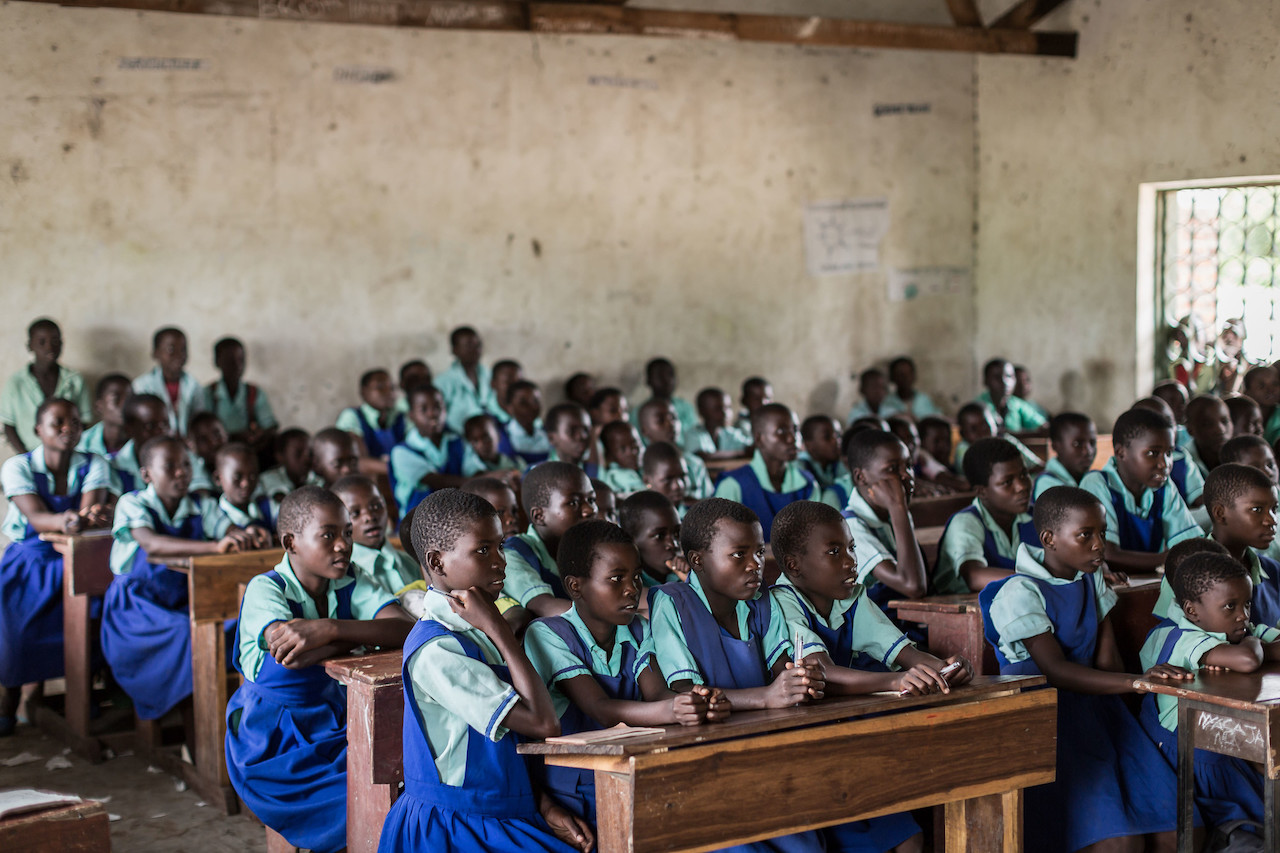
Addressing
the big issues
Beyond certification, the Fairtrade system provides direct and indirect support to farmers and workers and their organizations to deepen social and environmental sustainability and help contribute to fighting some of humanities most pressing issues.
Fairtrade as a certification is much more than merely an environmental certification, it is the only and best ethical and social certification that really ensures social and environmental, ethical and economic impact, and therefore human impact.
Enrique Calderon
Coffee farmer, Coopeagri
Fairtrade’s three pillars of sustainability
Our Standards are a blend of social, economic, and environmental criteria that support the sustainable development of small producer organizations and agricultural workers around the world.
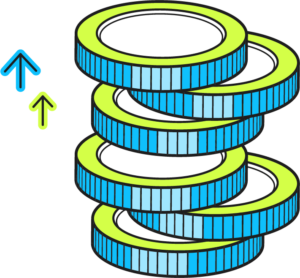
Economic
Producers are business people, too – through Fairtrade they can earn sustainable incomes and invest for the future.

Social
Producers are equal parts decision-makers for Fairtrade, and by working together are empowered to make real change in their communities.
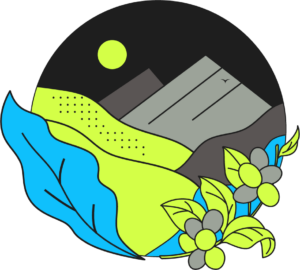
Environmental
Our rigorous Standards protect natural resources, prohibit the use of GMOs, and support adaptation to a changing climate.
Explore the issues
Fairtrade’s holistic approach aims to address a number of important areas to make tangible improvements in the lives of farmers and their communities.
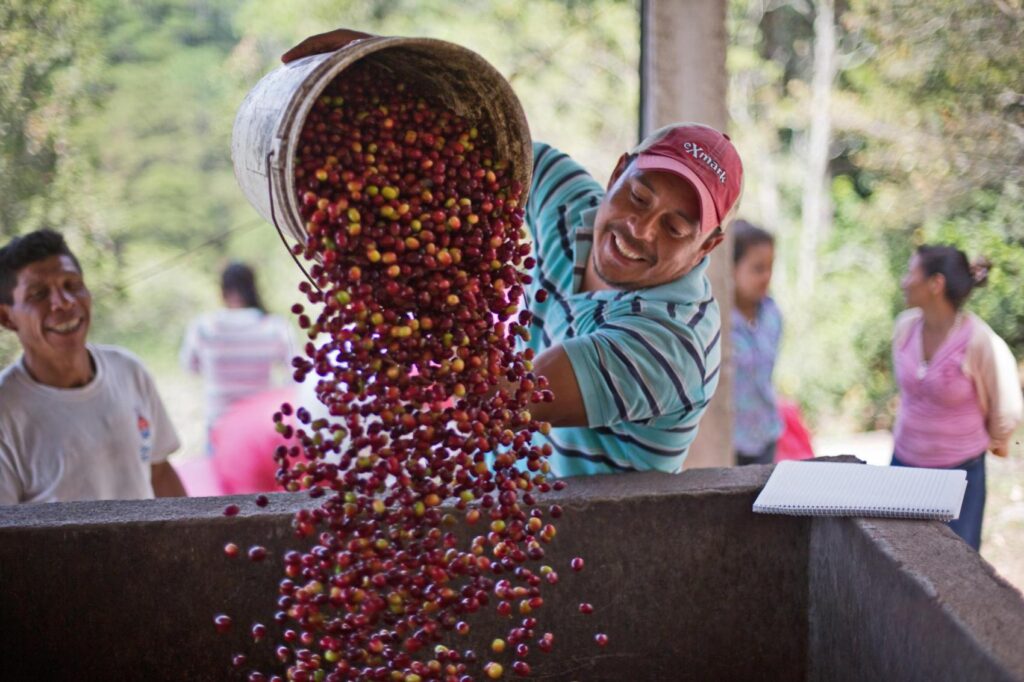
Poverty
Nearly 10% of the world’s workers and their families live in poverty, with many below the extreme poverty level of $1.25 per day. Fairtrade supports farmers and workers in gaining more from trade and empowering them to take control of their own lives.
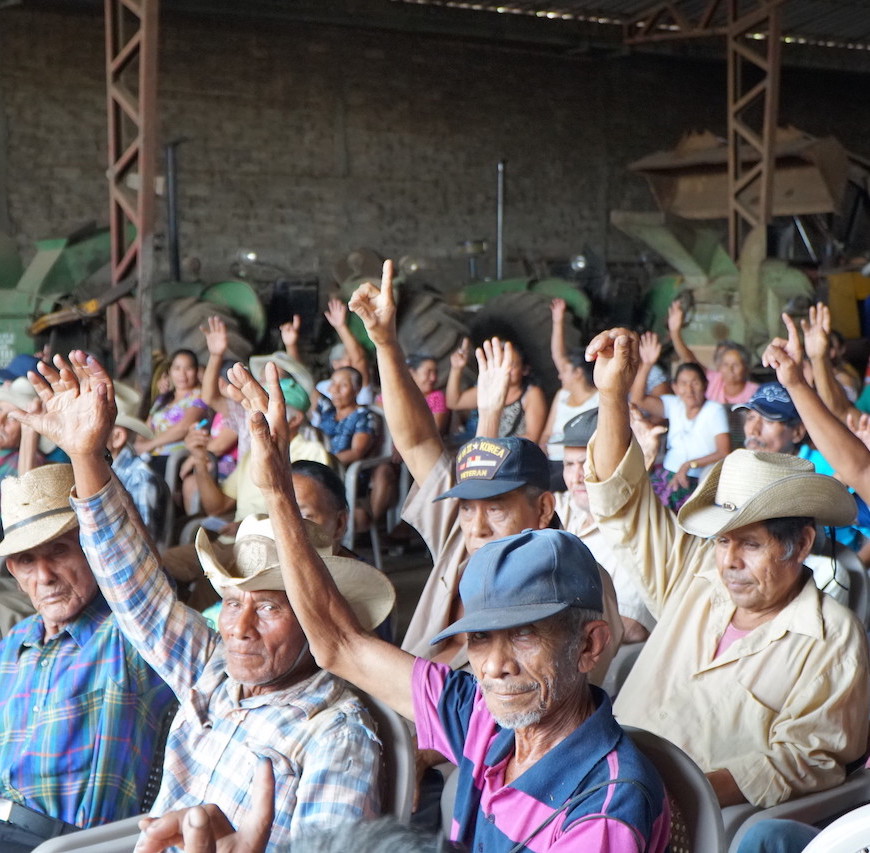
Workers’ Rights
A living wage, safer working conditions, and formal contracts are just some of the elements needed for just trade. Fairtrade works for workers on large farms by following conventions of the ILO for our requirements on income, health and safety, contracts, and social security.
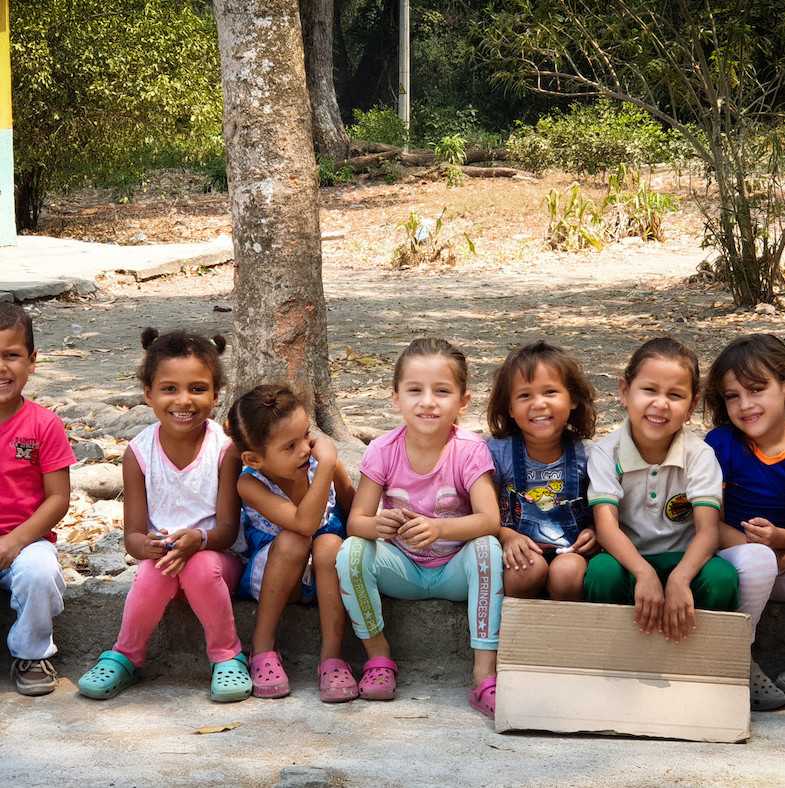
Child Labour
Around 98 million children still work on farms. Our youth-inclusive approach fights the root causes, and lets the children of Fairtrade farmers learn and play, as kids should.
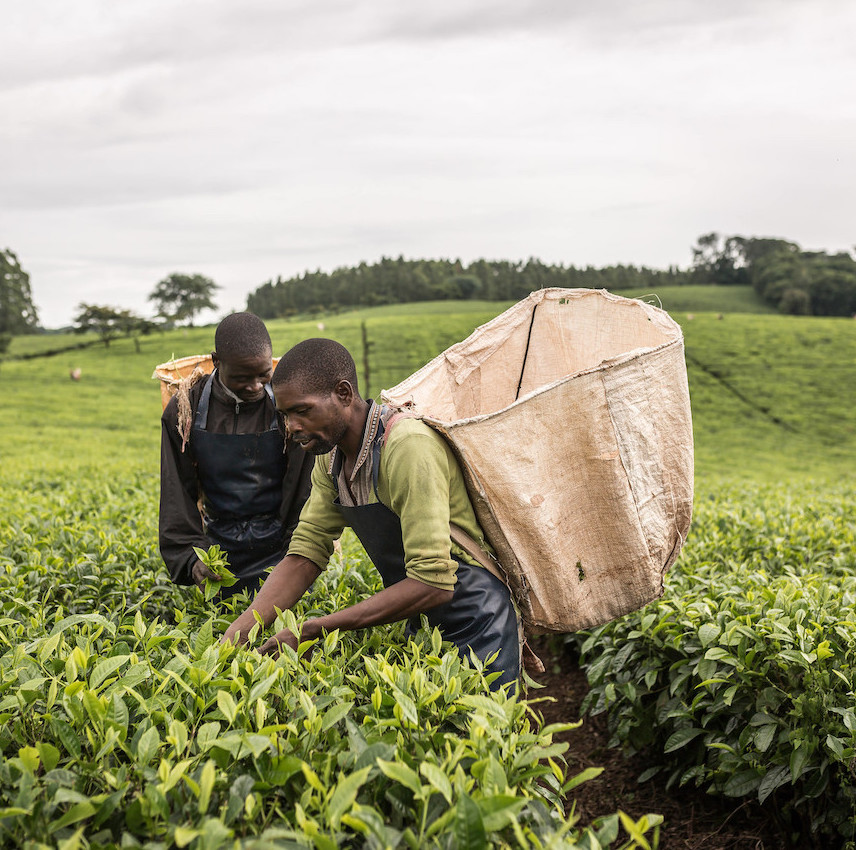
Forced Labour
Millions of adults and children work illegally on farms. Our approach seeks to fight the root causes of child and forced labour, while producer organizations are asked to implement specific procedures prohibiting modern slavery.

Gender Equality
Women grow at least half the world’s food but face severe challenges. Fairtrade Standards are designed to prevent gender inequality, increase female participation and empower more women and girls to access the benefits of Fairtrade.
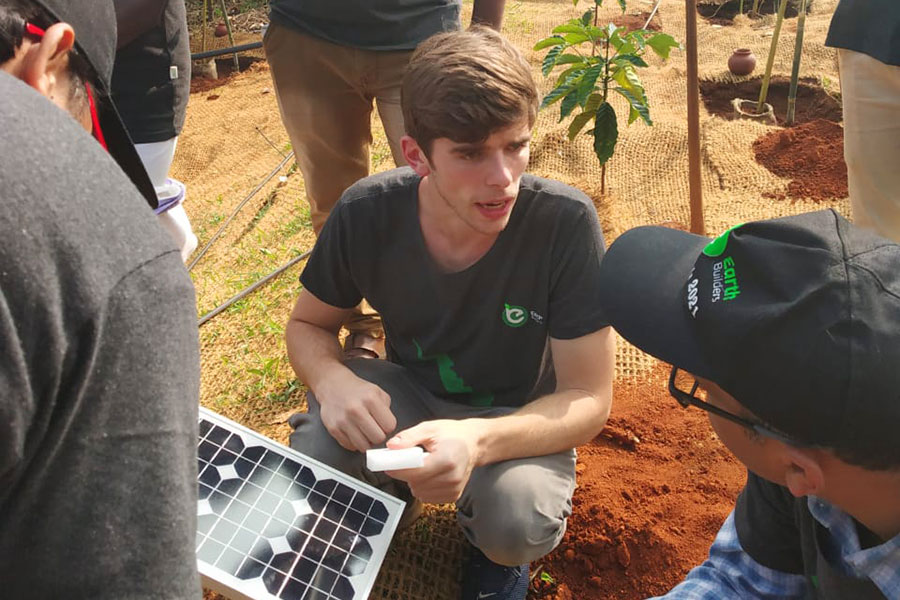
Climate Change
For farmers and workers, climate change affects crop yields, soil quality, diseases and weather patterns. Whether it’s taking action to improve incomes or training farmers to be more resilient to climate change, Fairtrade works alongside farmers and workers to face a range of economic, environmental, and social challenges.
Fairtrade and The Sustainable Development Goals
The Sustainable Development Goals (SDGs) are an ambitious set of 17 global Goals, from gender equality to climate change, and education to clean drinking water, intended to combat poverty and achieve sustainable development by 2030.
The SDGs aim to end poverty “in all its forms, everywhere”, while leaving no one behind. This ambition is central to Fairtrade’s mission.
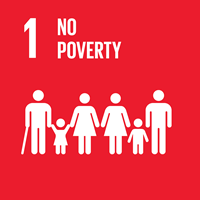
Goal 1: End poverty in all its forms everywhere
This Goal is central to Fairtrade’s mission. All of our work stems from this, as we seek to ensure that trade enables smallholder farmers and workers to earn a decent living and have a brighter future for themselves and their families.
Goal 2: Zero Hunger
Small-scale farmers provide a large percentage of the world’s population with food. That means creating robust livelihoods is crucial for achieving this Goal. Fairtrade enables more secure and stable incomes for small-scale farmers, and supports them to build strong, resilient businesses.
Goal 4: Quality Education
Ensure inclusive and equitable quality education and promote lifelong learning opportunities for all
Equitable access to training and informal education for adults and youth will increase future opportunities available to all. Some Fairtrade farmers and workers choose to spend a portion of their Fairtrade Premium funds on children’s education, while the three Fairtrade producer networks invest significantly in training and learning opportunities for producers.
Goal 5: Achieve gender equality and empower all women and girls
The UN Food and Agriculture Organization has identified that overcoming gender inequalities can reduce the number of hungry people in the world by 150 million. Fairtrade empowers women to overcome discrimination, participate equally in agriculture, and earn more income.
Goal 8: Promote inclusive and sustainable economic growth, employment and decent work for all
In line with the International Labour Organization and national legislation, Fairtrade promotes better working conditions, supports workers to negotiate for better pay, and is striving to achieve living incomes for all farmers and workers. Our Standards prohibit child and forced labour in all cases.
Goal 9: Industry, Innovation and Infrastructure
Build resilient infrastructure, promote inclusive and sustainable industrialization and foster innovation
Fairtrade Standards and resources like the Fairtrade Premium mean that farmers and workers are in control of investments in their businesses and communities. We are also aiming for supply chains to be fully traceable and transparent, so producers can make informed business decisions and deepen their relationships with their trade partners.
Goal 10: Reduced Inequalities
Reduce inequality within and among countries
We call for trade policies and collective action that will unlock greater benefits from trade for all farmers and workers. Fairtrade prices and Premium are a safety net, and our living income and living wage strategies provide a pathway towards decent livelihoods for more people. Inclusion efforts and economic interventions will lead to greater gender equality, increased opportunities for young people, and reductions in discrimination.
Goal 11: Sustainable Cities and Communities
Make cities and human settlements inclusive, safe, resilient and sustainable
Producer organizations are pillars in their communities. They invest Fairtrade Premium funds to improve infrastructure and services and build resilience in the face of climate change.
Goal 12: Ensure sustainable consumption and production patterns
Sustainable production practices are at the core of what Fairtrade does. However, through our campaigns and advocacy work, we also bring together thousands of communities and millions of shoppers worldwide to campaign for more ethical trade.
Goal 13: Take urgent action to combat climate change and its impacts
Small-scale farmers are already bearing the brunt of a changing climate, even though they can have a low carbon footprint. Fairtrade works with producer organizations and climate experts to build farmers’ resilience to diseases, extreme weather, and other climate-driven impacts.
Goal 15: Life on Land
Protect, restore and promote sustainable use of terrestrial ecosystems, sustainably manage forests, combat desertification, and halt and reverse land degradation and halt biodiversity loss
Fairtrade Standards requirements and climate resilient practices will reduce pressure on protected areas and forests, and reduce loss of biodiversity.
Goal 17: Revitalize the global partnership for sustainable development
Power imbalances in supply chains that favour companies over small-scale farmers in the Global South can be a barrier to implementing the SDGs. Fairtrade works with multiple partners – producer organizations, businesses, trade unions, civil society, governments, and other multi-stakeholder bodies. Together we can support governments to build policies that enable fairer trade for all, and which deliver on the SDGs’ ambitious agenda.
You can make a difference
An easy way to get involved? Subscribe to the Fairtrade newsletter and receive the latest news and current ways to get in on the action direct to your inbox.